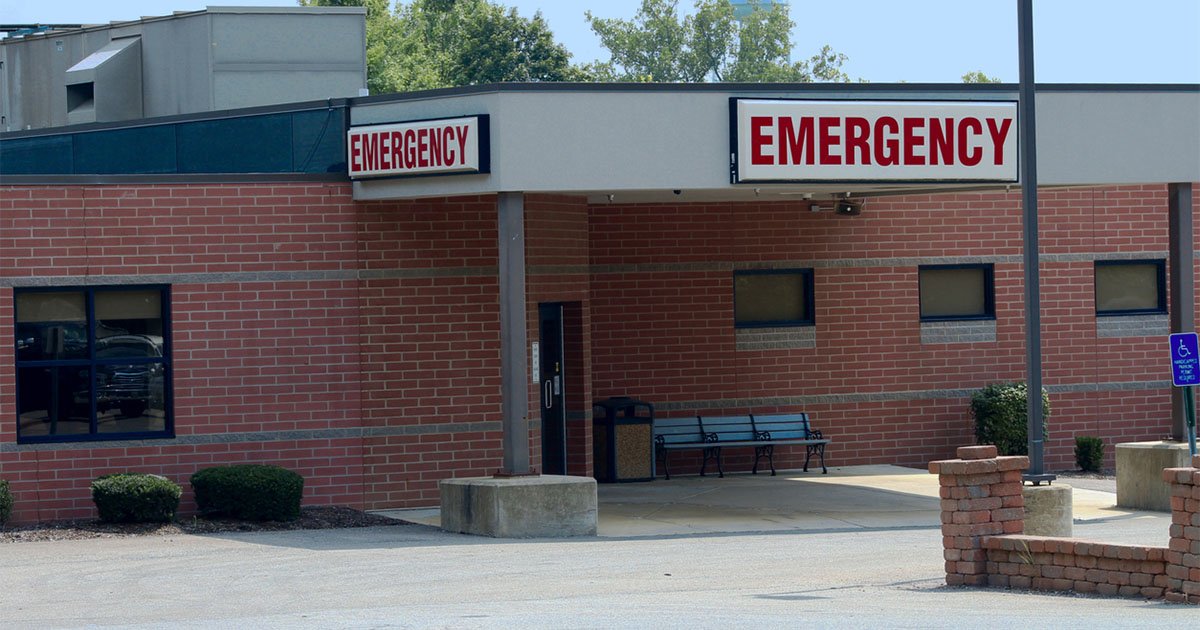Our nation’s rural hospitals are struggling. Between 2010 and 2021, almost 140 rural hospitals closed. Additionally, about one-third of the rural hospitals still operating are unprofitable. Rural hospitals struggle financially for a variety of reasons, including low patient volume, high fixed costs and a greater reliance on public payers than privately insured patients.
As the financial distress of rural hospitals increases, access to healthcare is under threat for rural Americans. A new study from the University of Minnesota School of Public Health (SPH) examined this challenge by analyzing how rural hospitals — including unprofitable ones — fared over the course of eight years.
The study, published in Health Affairs, tracked 858 hospitals in rural areas, including 325 rural hospitals that were unprofitable beginning in 2010, and found:

- 77% of unprofitable hospitals continued to operate as usual, while 17% merged and 7% closed.
- Of the 77% of unprofitable hospitals that continued to operate, about half returned to profitability by 2018.
- Rural hospitals that were unprofitable yet remained open were found to have relatively strong measures of longer-term financial health including positive net assets, and positive general fund balance that they could draw from to offset their short-term financial losses.
The authors also examined unprofitable, rural hospitals located in markets with no competitor hospitals within 15 miles. They found that closure rates among these isolated hospitals were lower than hospitals that had nearby competition. Only 5% of unprofitable rural hospitals located in isolated areas closed, compared to 11% of hospitals with nearby competitors.
Similarly, rural areas with more hospitals saw higher rates of closures and mergers. Among the 192 rural markets studied with hospitals that were unprofitable at the beginning of the study period, 22% lost at least one hospital to either closure or merger, with closures and mergers occurring less often in areas with three or fewer hospitals, compared to those with four or more.
“The financial viability of our rural hospitals is declining,” says lead author and SPH Assistant Professor Caitlin Carroll. “The fact that almost one-quarter of unprofitable hospitals closed or merged over eight years underscores the need for policy makers to consider how to promote access and limit market power in rural areas.”
Rural markets with dwindling competition in the healthcare sector may also have antitrust implications because mergers and reduced competition can lead to increased market power and higher prices. However, by charging those higher prices, rural hospitals may be able to stay open and continue providing service to area residents. Addressing these challenges and understanding when additional financial support for rural hospitals may be needed remain key policy concerns.
The authors suggest that further empirical research should be conducted to better understand the effects of consolidation in rural markets.

